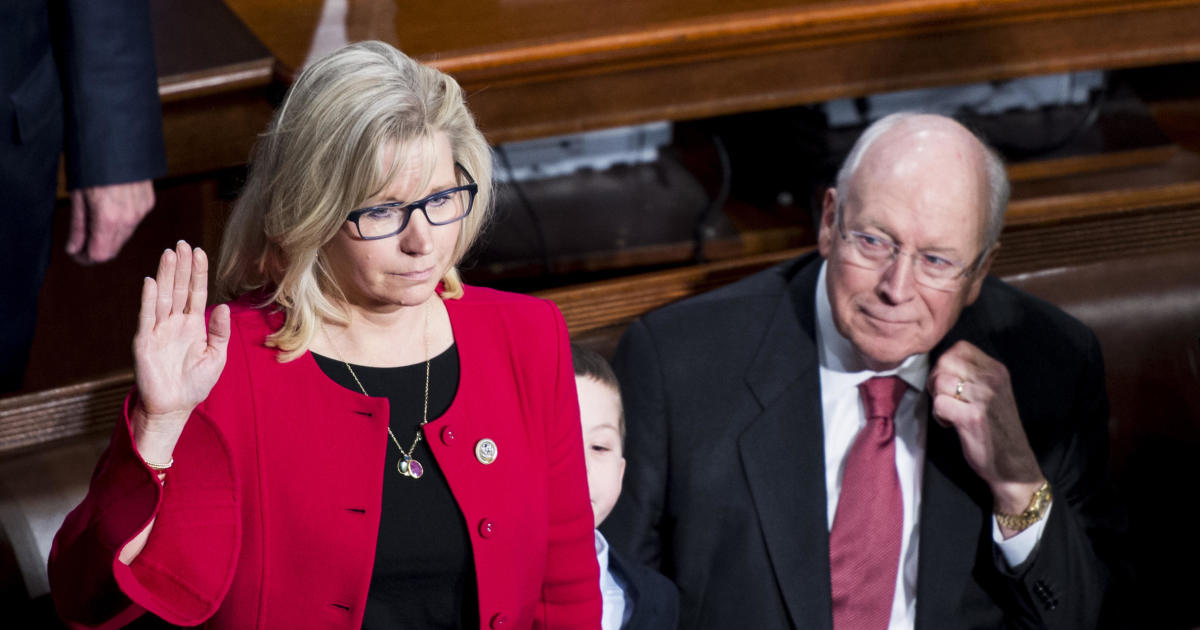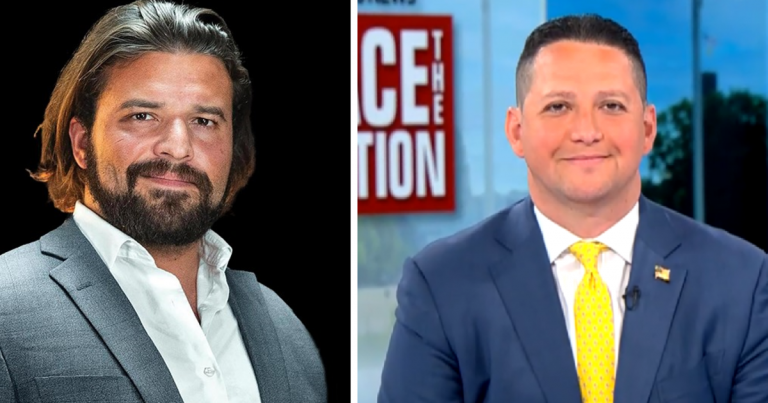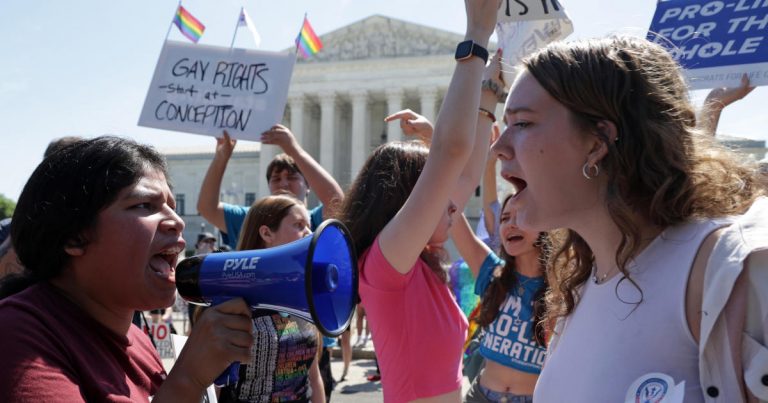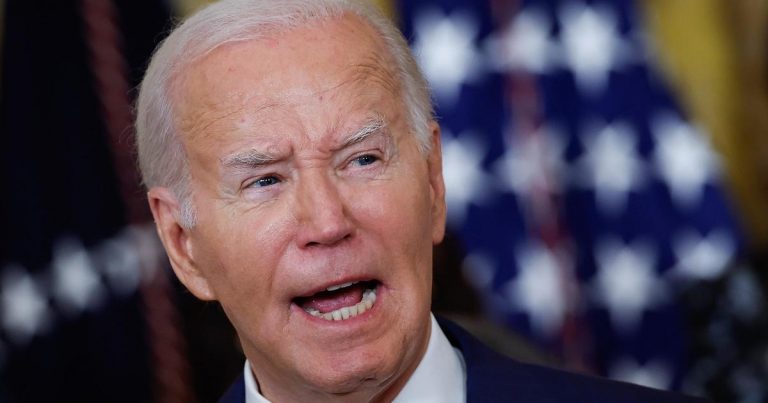Republican support for Kamala Harris and criticism of Trump.
As the presidential debate approaches, Vice President Kamala Harris finds herself in a close race with former President Donald Trump. However, she is gaining momentum as more Republicans come forward to endorse her for the upcoming 2024 election. The much-anticipated debate is set to take place in Philadelphia, with Harris and Trump facing off in what could be their only debate before Election Day. Both candidates will have surrogates in the spin room, including former White House officials who are now advocating for Harris.
Among those supporting Harris are Anthony Scaramucci, who served as White House communications director under Trump, and Olivia Troye, who was a Homeland Security adviser to Vice President Mike Pence. These former GOP members are adding their voices to the growing number of Republicans backing Harris in the upcoming election. To further strengthen outreach to GOP voters who oppose Trump, Harris’ campaign has launched “Republicans for Harris” initiative, aiming to attract support from across party lines.
During the Democratic National Convention in August, several prominent Republicans voiced their support for Harris. More than 200 individuals who had worked for former Presidents George H.W. Bush and George W. Bush, as well as Senators Mitt Romney and John McCain, signed a letter endorsing Harris’s candidacy. This bipartisan support highlights the growing appeal of Harris among Republicans disillusioned with Trump’s leadership.
Former Republican Rep. Liz Cheney, known for her vocal criticism of Trump, announced her decision to vote for Harris during a public event. Cheney, who represented Wyoming in the House and served in GOP leadership, emphasized the importance of prioritizing the country’s well-being over party loyalty. Her stance against Trump reflects a growing sentiment among Republicans who view him as a threat to the nation’s democratic principles.
Another prominent Republican figure, former Vice President Dick Cheney, also announced his support for Harris, citing Trump’s actions as a danger to the republic. Cheney, who has held key roles in Republican administrations, declared that Trump’s attempts to undermine the election results were unprecedented in U.S. history. By choosing to vote for Harris, Cheney underscores the necessity of safeguarding democracy against authoritarian threats.
Former Rep. Adam Kinzinger, a consistent critic of Trump’s leadership style, made a public appeal to Republican voters to back Harris in the upcoming election. Kinzinger’s call to prioritize core values over partisan loyalty echoes the sentiments of many Republicans dismayed by Trump’s divisive politics. By endorsing Harris, Kinzinger advocates for a return to principled governance and a rejection of Trumpism within the GOP.
Stephanie Grisham, a former White House press secretary under Trump, presented a scathing critique of the former president’s character and leadership during the Democratic National Convention. Grisham’s decision to support Harris reflects her belief in the vice president’s integrity and commitment to truth. Her endorsement aligns with a growing trend of Republicans putting country over party loyalty in the face of Trump’s polarizing influence.
Olivia Troye, who served as a national security adviser to Vice President Mike Pence, also voiced her support for Harris at the Democratic National Convention. Troye’s condemnation of Trump’s divisive tactics and her endorsement of Harris as a defender of democracy reflect a broader shift among Republicans towards embracing alternative leadership models.
Anthony Scaramucci, who had a brief tenure as White House communications director under Trump, has also expressed confidence in Harris’s capabilities and leadership. His endorsement of Harris signifies a break from traditional GOP support for Trump and a recognition of the vice president’s potential to bridge partisan divides.
Former Georgia Lt. Gov. Geoff Duncan, who clashed with Trump over the handling of the 2020 election results, appealed to fellow Republicans to support Harris as a candidate who embodies stability and empathy. Duncan’s plea for a return to policy-driven politics and a rejection of divisive rhetoric highlights the growing appeal of Harris as a unifying figure in a politically fractured landscape.
As more Republicans cross party lines to endorse Vice President Kamala Harris, the upcoming election presents a unique opportunity for bipartisan cooperation and a reevaluation of traditional party allegiances. The diverse coalition of Republicans backing Harris reflects a broader shift in American politics towards prioritizing unity, integrity, and the core values that define the nation’s democratic ideals.








